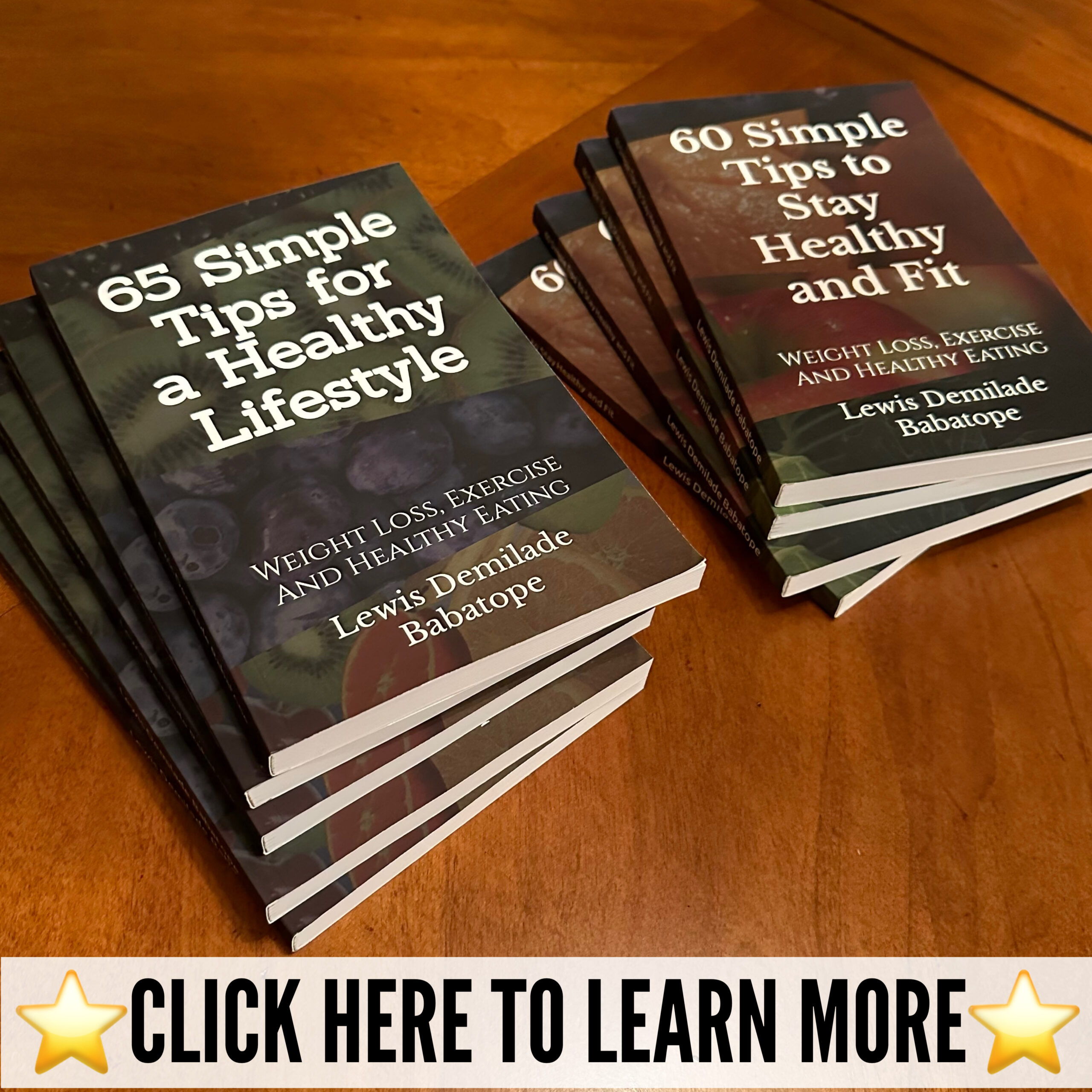5 Factors That Cut Kidney Cancer Risk

Few diseases strike fear into the heart quite like cancer. It is one of the world’s deadliest afflictions and comes in so many guises that it’s sometimes difficult to know what you should do to reduce your risk of developing it. Fortunately there have been such rapid medical advances in the past 50 years that we are now far savvier about what we need to do to cut our risk of developing the disease. This article looks at five factors that play a role in reducing your risk of getting kidney cancer, which is particularly lethal if it isn’t caught early.
Fibre and Fibre-Rich Foods
A study from the American Institute for Cancer Research (AICR) discovered that those who included plenty of fibre and fibre-rich foods in their diet could cut their risk of renal cell carcinoma (RCC), the most widespread form of kidney cancer — but only if they weren’t overweight. Nearly half a million participants were divided into five groups, depending on their fibre consumption, and after an average of nearly 10 years it was discovered those who had eaten the most dietary fibre had a 17.5% lower risk of contracting RCC compared to those who had consumed the least.
Foods highest in dietary fibre include bran, cauliflower and broccoli, cabbage, raspberries, leafy greens, celery, squash and — appropriately — kidney beans.
Vegetables and Vegetable Juice
In 2003 the Bastyr Center for Natural Health reported that eating vegetables and taking some nutritional supplements reduced the risk of RCC. The study followed 1,279 RCC patients and 5,370 people who had never had cancer, and noted that those reporting the highest vegetable and vegetable juice intake were 30% less likely to have contracted RCC. On the other hand, those reporting the highest intake of hamburgers and sausages were 45% more likely to have RCC than those who had eaten the least. The study concluded that the risks of eating too much meat and not enough vegetables needed to be re-emphasised.
Fatty Fish
A preliminary study at the Karolinska Institute in Stockholm, Sweden, found that women who ate omega-3 rich fatty fish once a week had a 44% reduced risk of RCC — but the same benefit didn’t extend to lobster and shrimp, further clouding the issue of whether total fish consumption is an effective weapon against cancer. Nonetheless, the study was regarded as ‘statistically significant’; it emphasised that women who ate herring, mackerel and salmon reduced the risk of developing abnormal cellular growth in the kidneys, and noted that fatty fish has up to 30 times the omega-3 rich fatty acids and up to five times the Vitamin D of lean fish. The study followed 61,000 women — aged between 40 and 76 — for 10 years.
Vitamin D
The above mentioned preliminary study at the Karolinska Institute in Stockholm suggested Vitamin D consumption may play a significant role in reducing the risk of RCC. The researchers said the reason for this was that low serum levels in Vitamin D3 , which is common in fatty fish, may determine the pace of RCC progression. Vitamin D 3 works in the kidney cells by binding Vitamin D receptors. However, a recent study funded by the Health Research Council of New Zealand to discover the effect of Vitamin D supplementation on various diseases including cancer, wasn’t convincing. It concluded that there was uncertainty over whether Vitamin D, with or without calcium, reduced the risk of death.
The jury is still out on the benefits of Vitamin D as it relates to kidney cancer, but an intriguing study by the National Cancer Institute in Maryland, US, sheds more light on the issue. Researchers scrutinised 1,000 kidney cancer patients, comparing them to 1,500 people who are free of the disease, and noted that men exposed to high levels of sunlight in their working situations were about 31% less likely to develop kidney cancer than those who worked indoors. However, it turned out there is no link for women in similar jobs. Inevitably, the suggestion was raised that Vitamin D was the reason for the reduced risk, as it is produced by the body when skin is exposed to the sun.
Vitamins C and E
Vitamin D isn’t the only vitamin that has been linked to a cut in kidney cancer risk — researchers from Milan’s Institute for Pharmacological Research analysed the diets of 767 RCC patients and 1,534 people without cancer, and discovered that consumption of Vitamins C and E reduced RCC risk by more than 40%. The study noted that participants who took about 17.5 micrograms per day of Vitamin E (compared to those who took 12 micrograms) cut their RCC risk by 44%. That statistically significant result was the same for those who benefited from about 186 micrograms per day of Vitamin C (compared to those who took only 89 micrograms).
Knowing what is in the foods that you consume, and making informed decisions, will have short term benefits such as helping you loose weight. Being smart about what you eat will also help mitigate the chances of potentially life threatening diseases, such as kidney cancer, from developing.
